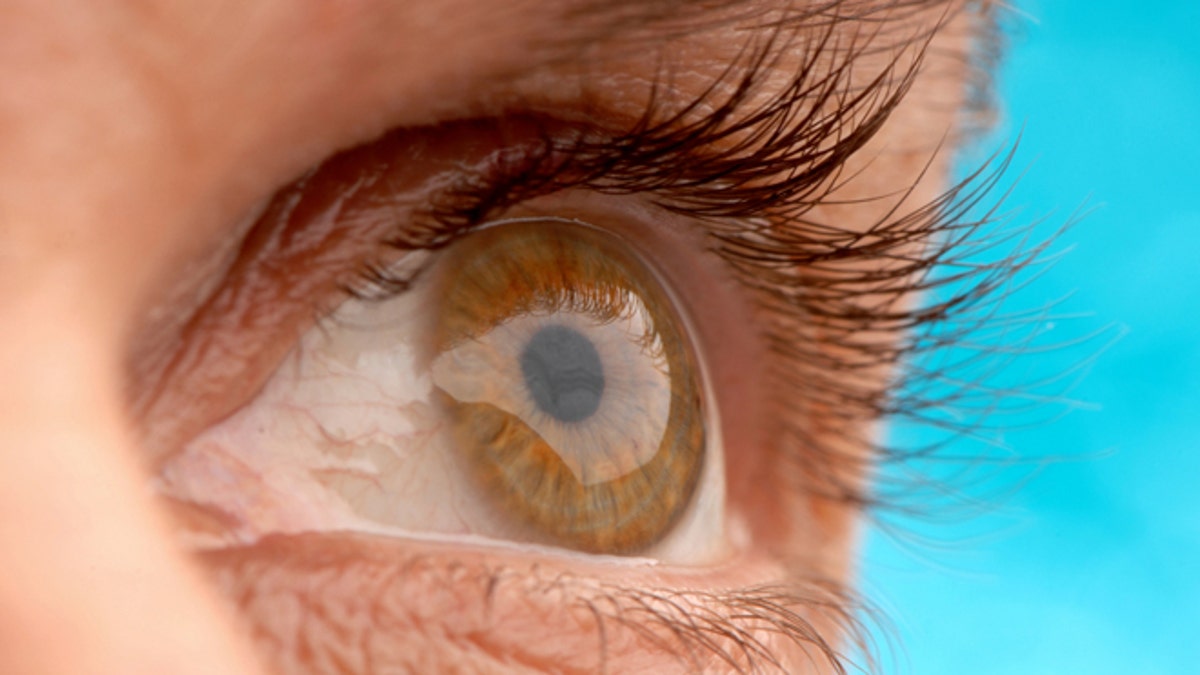
If you have an older friend or relative with vision problems, it may be easy to focus your concerns on the details of his or her everyday life.
You may worry about him reading and being able to see the television. Measurements for cooking and setting the timer on the microwave may be a concern.
But research suggests that you should also remember to look at the big picture, including how active your relative is.
A new study conducted at the ophthalmology clinics of Maisonneuve-Rosemont Hospital in Montreal and published in Investigative Ophthalmology & Visual Science determined that nearly half of older adults who have failing vision limit their activities because they are afraid of falling.
The study group compared patients who have age-related macular degeneration (AMD), glaucoma, and Fuchs corneal dystrophy with patients who have good vision.
Age-related macular degeneration is the leading cause of vision loss in older adults and is most common in people age 50 and older. AMD gradually destroys the macula which is the inner lining of the eye needed for clear central vision.
The condition makes it difficult to see close details and objects directly in front of you. Although it limits the center of the visual field, AMD does not affect peripheral vision.
___________________________________________________
More From EmpowHER:
The Human Cost of Cancer: Remembering Notable People Lost in 2012
Cervical Health Awareness Month: Cancer and the Mental Health Impact
Brain Injuries and Dementia: What the Research is Finding
___________________________________________________
Glaucoma is a condition that damages the optic nerve that carries visual signals from the eye to the brain. Glaucoma is often caused by increased fluid pressure inside the eye.
If caught early, it can often be treated to prevent permanent serious loss of vision.
Fuchs’ corneal dystrophy is a condition that affects the cornea of the eye. The cornea acts as the outermost lens on the front of the eye, and helps focus a visual image.
Fuchs’ dystrophy is a progressive condition that affects both eyes. It leads to blurring of the cornea as fluid accumulates in the tissue.
The study group included 93 patients with AMD, 57 with Fuchs’ dystrophy, and 98 with glaucoma, as well as 97 patients who did not have impaired vision, for a total of 345 patients.
Of those with some form of vision loss, 40 to 50 percent reported that they limit their activities due to fear of falling.
The research team was surprised to learn that patients with Fuchs’ dystrophy were most likely out of all patients studied to limit their activities. Only 16 percent of older adults in the study who did not have impaired vision said they limit their activities due to fear of falling.
Overall, the study showed that women with poor vision were most likely to limit their activities due to their failing vision. These people were also more likely to be depressed and to have multiple illnesses.
The study authors encourage the families of people with failing vision to try to learn what activities if any are being limited by the condition. These seniors may be at higher risk of social isolation and developing other disabilities as they spend more time alone.







































